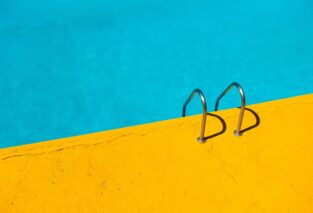Imagine a beautiful sunny day, surrounded by the calm waters of your favorite fishing spot. As you cast your line, you feel the excitement in the air. But amidst the thrill of the catch, it’s easy to forget one crucial element to a successful fishing trip – staying hydrated. In this article, we explore the importance of hydration while fishing and why keeping yourself replenished with water is essential for both your well-being and your fishing experience. So grab a refreshing drink, sit back, and discover why staying hydrated is the key to reeling in those big catches.
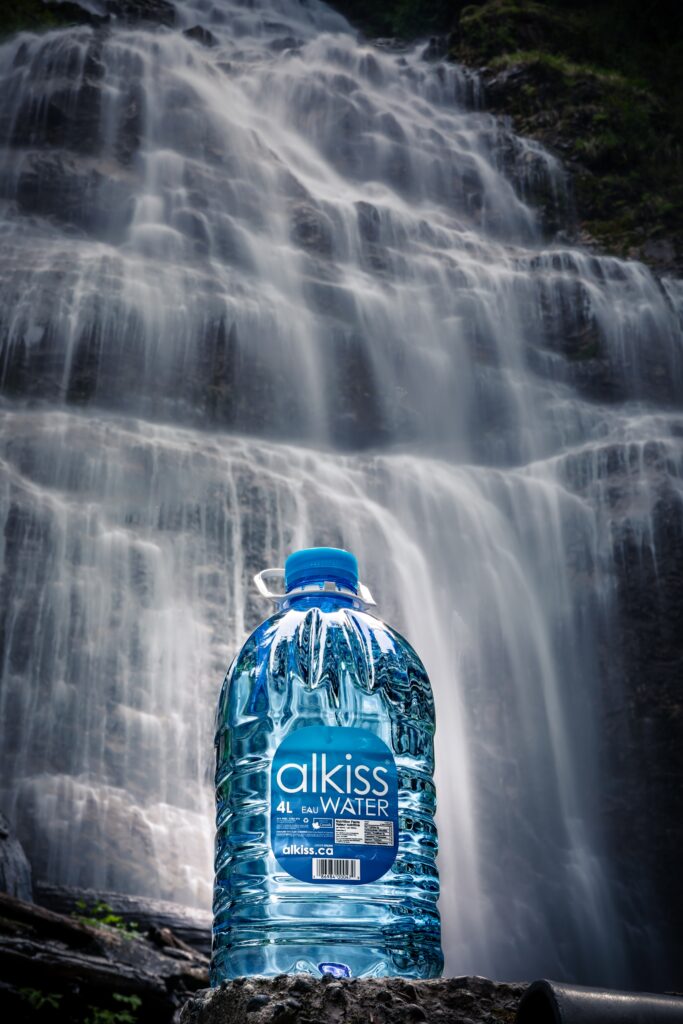
Benefits of staying hydrated while fishing
Fishing is an enjoyable outdoor activity that requires physical exertion and mental focus. Staying hydrated while fishing offers a myriad of benefits that can enhance your overall fishing experience.
Improved physical performance
When you stay hydrated, your body is able to perform at its best. Dehydration can lead to muscle cramps, decreased strength, and reduced endurance. By maintaining proper hydration levels, you can optimize your physical performance and tackle those challenging fishing moments with ease.
Enhanced mental focus and concentration
Fishing demands mental focus and concentration to make accurate casts, read the water, and anticipate fish behavior. Dehydration can impair cognitive function, leading to decreased alertness, poor decision-making, and diminished situational awareness. By staying hydrated, you can keep your mind sharp and ensure that you don’t miss out on any exciting fishing opportunities.
Reduced risk of heat-related illnesses
Fishing often takes place under the scorching sun, increasing the risk of heat-related illnesses such as heat stroke and heat exhaustion. When you stay hydrated, your body’s internal temperature remains regulated, reducing the likelihood of overheating. By preventing dehydration, you can fish comfortably and minimize the risk of serious health complications.
Factors affecting hydration while fishing
Several factors can influence your hydration levels while fishing. It is crucial to consider these factors to ensure that you hydrate adequately throughout your fishing trip.
Temperature and weather conditions
Hot weather conditions can accelerate the rate at which your body loses fluids through sweat. Additionally, high humidity levels can make it difficult for sweat to evaporate from your skin, further depleting your hydration levels. It is essential to drink more fluids when fishing in hot and humid conditions to compensate for the increased fluid loss.
Duration and intensity of fishing
Longer fishing trips and activities that require vigorous movement, such as fly fishing or casting, can lead to higher fluid requirements. The more physically demanding your fishing activity, the more fluids you will need to replenish the water lost through sweat. Be mindful of the duration and intensity of your fishing and adjust your hydration routine accordingly.
Clothing and gear choices
The clothing and gear you choose to wear while fishing can also impact your hydration levels. Wearing breathable and moisture-wicking clothing can help regulate your body temperature and prevent excessive sweating. Additionally, carrying heavy or bulky gear can increase your exertion levels, further increasing your fluid needs. Opt for lightweight gear and breathable clothing to minimize sweat loss and the risk of dehydration.
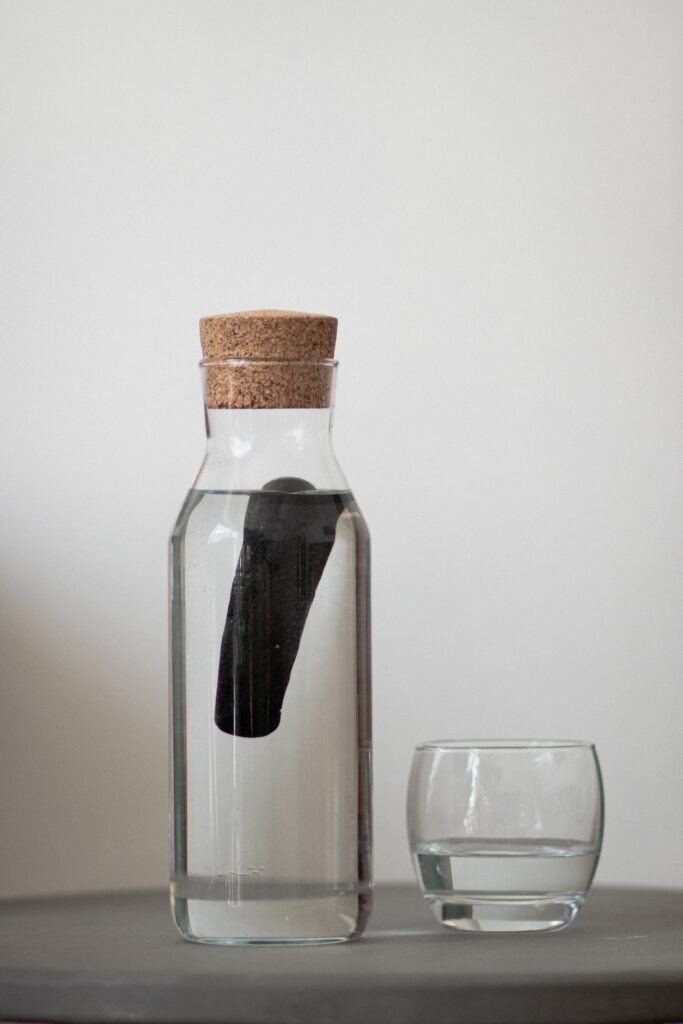
Signs and symptoms of dehydration
Dehydration can have various negative effects on your body, both physically and mentally. It is crucial to recognize the signs and symptoms of dehydration to address it promptly and prevent any further complications.
Thirst
Feeling thirsty is one of the most common and earliest signs of dehydration. It is your body’s way of signaling that it needs more fluids. If you find yourself often reaching for a drink or experiencing constant dryness in your mouth, it is an indicator that you need to hydrate.
Dry mouth and lips
Dehydration can cause your mouth and lips to become dry and parched. This dryness occurs as a result of reduced saliva production, which is essential for maintaining oral health. If your mouth feels unusually dry or you notice cracking lips, it is a clear indication that you need to replenish your fluids.
Fatigue and low energy levels
Lack of hydration can lead to fatigue and low energy levels, making fishing feel more challenging and tiring. When your body lacks sufficient fluids, your blood volume decreases, affecting oxygen and nutrient delivery to your muscles. This can result in decreased stamina and increased feelings of exhaustion.
Headaches and dizziness
Dehydration can cause headaches and dizziness, which can significantly impact your fishing experience. Fluid loss can lead to decreased blood flow to the brain, causing headaches and feelings of lightheadedness. If you notice persistent headaches or bouts of dizziness while fishing, it is essential to hydrate immediately.
Decreased urine output
Monitoring your urine output is an effective way to gauge your hydration levels. Dark yellow or amber-colored urine indicates dehydration, while lighter and clearer urine suggests good hydration. If you notice a decrease in urine output or its color appears concentrated, it is a sign that you need to consume more fluids.
Consequences of dehydration while fishing
Failing to maintain proper hydration while fishing can have several negative consequences that can affect your fishing experience and overall well-being.
Impaired cognitive function
Dehydration can lead to impaired cognitive function, affecting your ability to think clearly and make sound decisions while fishing. Reduced mental acuity can result in missed opportunities, difficulty in reading fishing conditions, and decreased problem-solving skills. Staying hydrated will allow you to maintain optimal brain function and ensure an enjoyable fishing experience.
Loss of coordination and balance
Dehydration affects your muscular function and coordination. Impaired motor skills can lead to decreased accuracy in casting, difficulties in navigating uneven terrains, and reduced balance while on boats or other fishing vessels. By staying hydrated, you can maintain your coordination and reduce the risk of accidents.
Increased risk of accidents
Dehydration can compromise your overall physical well-being, making you more prone to accidents while fishing. Reduced reaction time, diminished focus, and dizziness can increase the likelihood of slips, falls, or even boat-related incidents. Hydrating properly minimizes these risks and ensures your safety on the water.
Heat stroke and heat exhaustion
One of the most severe consequences of dehydration while fishing is the increased risk of heat stroke and heat exhaustion. These heat-related illnesses can be life-threatening and require immediate medical attention. By staying hydrated, you can regulate your body temperature and lessen the chances of succumbing to these dangerous conditions.
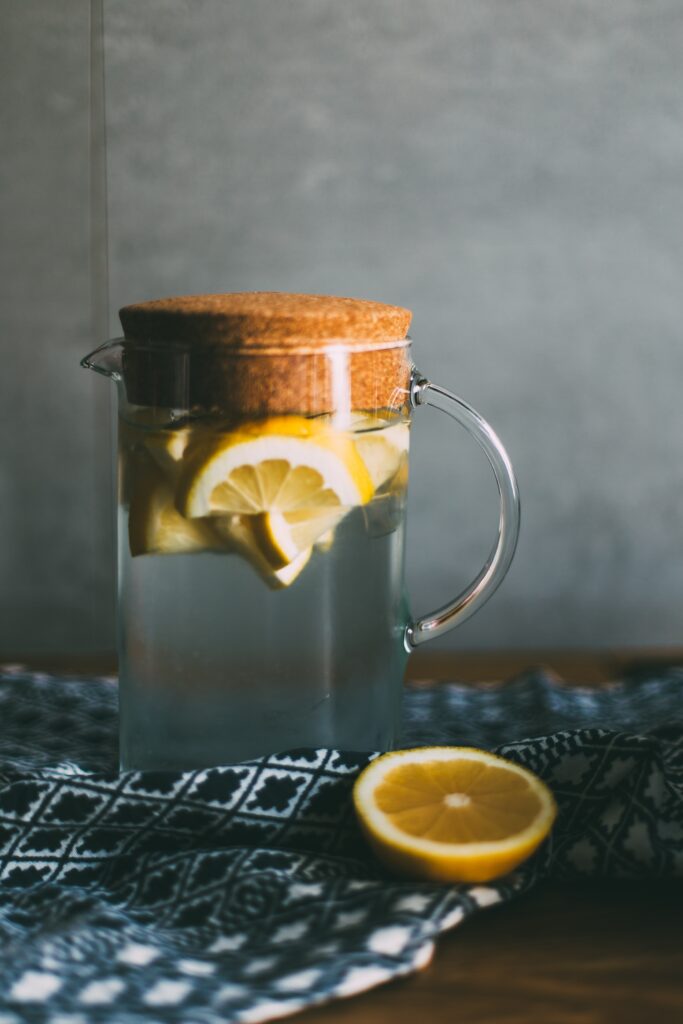
Optimal hydration strategies for fishing trips
To ensure that you stay properly hydrated during your fishing trips, it is essential to follow some optimal hydration strategies.
Drink plenty of fluids before and during fishing
Hydrating before you embark on a fishing trip is crucial to ensure that your body starts off with sufficient fluids. Aim to drink at least 16 ounces of water or a hydrating beverage before you set out. During your fishing adventure, drink fluids regularly, even if you don’t feel thirsty. The goal is to replenish the fluids lost through sweat and maintain optimal hydration throughout the day.
Choose water and electrolyte-rich drinks
Water is the best choice for hydration, as it is essential for all bodily functions. Additionally, incorporating drinks rich in electrolytes, such as sports drinks or coconut water, can help replenish essential minerals lost through sweat. Electrolytes help maintain proper muscle function and assist in hydration at a cellular level.
Avoid excessive alcohol and caffeine consumption
While it may be tempting to crack open a cold beer or sip on a coffee while enjoying your fishing trip, alcohol and caffeine can be dehydrating in excess. Both alcohol and caffeine act as diuretics, increasing urine production and depleting your body of fluids. If you choose to indulge in these beverages, do so in moderation and offset them with ample amounts of water or electrolyte-rich drinks.
Tips for staying hydrated while fishing
Apart from following optimal hydration strategies, there are a few additional tips that can aid in keeping you hydrated throughout your fishing adventures.
Bring a sufficient supply of water and electrolyte drinks
Ensuring that you have an ample supply of water and electrolyte drinks is crucial for staying hydrated. Pack enough water bottles or hydration bladders to last you for the duration of your fishing trip. It is better to carry more fluids than you think you will need, as unexpected circumstances or prolonged fishing sessions may require additional hydration.
Use a hydration pack or water bottle with a straw
Investing in a hydration pack or a water bottle with a built-in straw can make it easier for you to drink without interrupting your fishing activities. These accessories allow you to sip water on the go, ensuring that you remain hydrated while keeping your focus on fishing.
Take regular breaks and rest in shaded areas
Taking periodic breaks during your fishing trip not only allows you to rest and recharge but also provides an opportunity to hydrate. Seek out shaded areas where you can escape the direct sun and cool down. Use these moments to sip on fluids and rehydrate, maximizing your overall fishing experience.
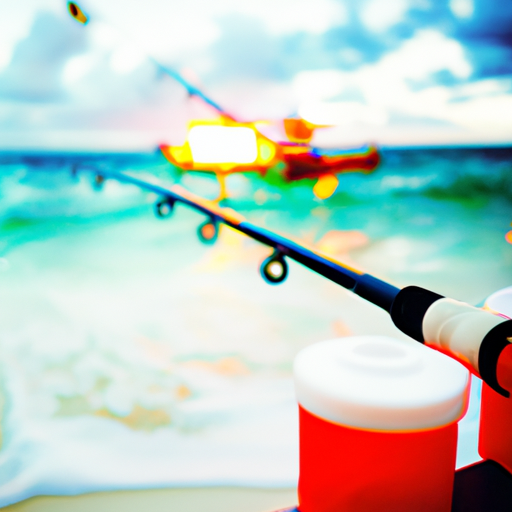
Importance of proper hydration for catch and release
Proper hydration extends beyond your personal wellbeing and also plays a critical role in responsible catch and release practices.
Maintaining fish health and survival
When you catch fish, their health and survival become your responsibility. By staying adequately hydrated, you can ensure that you handle the fish with care, minimizing their stress levels. Handling fish with wet hands and keeping them in water as much as possible aids in preserving their skin and slime coat, which is essential for their protection against infections and external parasites.
Reducing post-release mortality
Hydration is crucial not only during the catch but also during the release process. By ensuring that you are hydrated while handling and releasing fish, you can reduce post-release mortality. The fish’s chances of survival increase when they are properly revived and released into the water. Staying hydrated facilitates this process, allowing you to handle fish effectively and release them with minimal harm.
Ensuring responsible angling practices
Proper hydration plays a significant role in responsible angling practices as it allows you to make rational and ethical decisions throughout your fishing trip. Responsible anglers prioritize the well-being of both themselves and the fish. By staying hydrated, you can approach fishing with a clear mind, making informed decisions that align with conservation and sustainable fishing practices.
Hydration considerations for different fishing environments
Different fishing environments require different hydration approaches based on specific challenges and conditions. Here are some hydration considerations for various fishing environments.
Freshwater fishing
Freshwater fishing often involves spending long hours on a boat or wading through rivers and streams. The physical exertion and continuous sun exposure can accelerate fluid loss. It is crucial to bring enough water and electrolyte-rich beverages to stay hydrated. Additionally, wearing a hat and applying sunscreen can protect you from the sun’s rays and minimize the risk of dehydration.
Saltwater fishing
Saltwater fishing, particularly in coastal areas or on boats, often exposes anglers to intense sun, high humidity, and salt-laden air. The combination of these factors heightens the risk of dehydration. Carrying additional water or sports drinks that replace lost electrolytes is vital. Staying in shaded areas when possible and wearing protective clothing can also help mitigate the effects of sun and saltwater exposure.
Ice fishing
Ice fishing presents unique challenges when it comes to hydration. Despite the cold temperatures, ice fishing can lead to dehydration due to the dry air and increased respiratory water loss. It is crucial to bring sufficient fluids and drink regularly to combat these effects. Thermos bottles can help keep drinks warm, ensuring that you have hydrating liquids readily available throughout your ice fishing expedition.
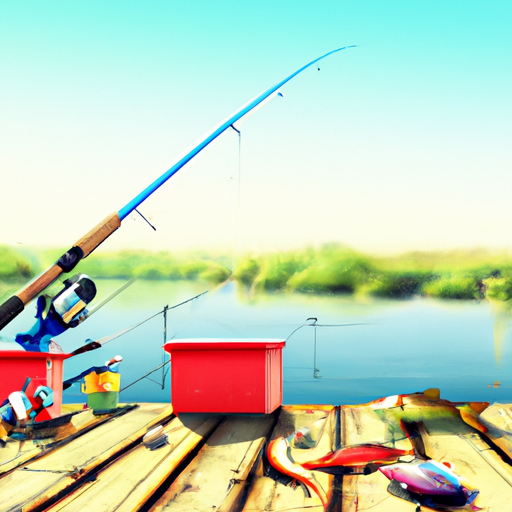
Hydration tools and accessories for anglers
Several tools and accessories can assist anglers in maintaining proper hydration while fishing. These items can make it easier to carry and access fluids, ensuring that you stay hydrated during your fishing adventures.
Waterproof storage for drinks
Investing in waterproof storage for drinks, such as dry bags or portable coolers, can protect your beverages from water damage and maintain their temperature. These storage options are particularly useful while fishing from boats or kayaks, where exposure to water is more likely. By keeping your drinks accessible and safe from external elements, you will be more motivated to stay hydrated.
Portable water filters
For anglers who prefer to drink from natural water sources, portable water filters are essential. These filters remove impurities and contaminants, ensuring that the water is safe for consumption. Carrying a portable water filter allows you to access clean hydration options when freshwater sources are available.
Hydration bladder systems
Hydration bladder systems, also known as hydration packs, are backpack-like systems that come with a built-in bladder for water storage. These systems typically have a tube and bite valve that allows you to sip water hands-free. Hydration bladder systems are convenient for anglers who prefer to keep their hands-free and maintain hydration throughout their fishing trip.
Conclusion
Staying adequately hydrated while fishing is crucial for optimal performance, focus, and overall well-being. The benefits of proper hydration extend beyond personal comfort, as it also promotes responsible angling practices and ensures the well-being of caught and released fish. By considering the various factors that affect hydration while fishing, recognizing dehydration symptoms, and following the optimal hydration strategies and tips provided, you can have a safe and enjoyable fishing experience. So remember, drink plenty of fluids, choose water and electrolyte-rich drinks, and stay hydrated to make the most of your time on the water.



